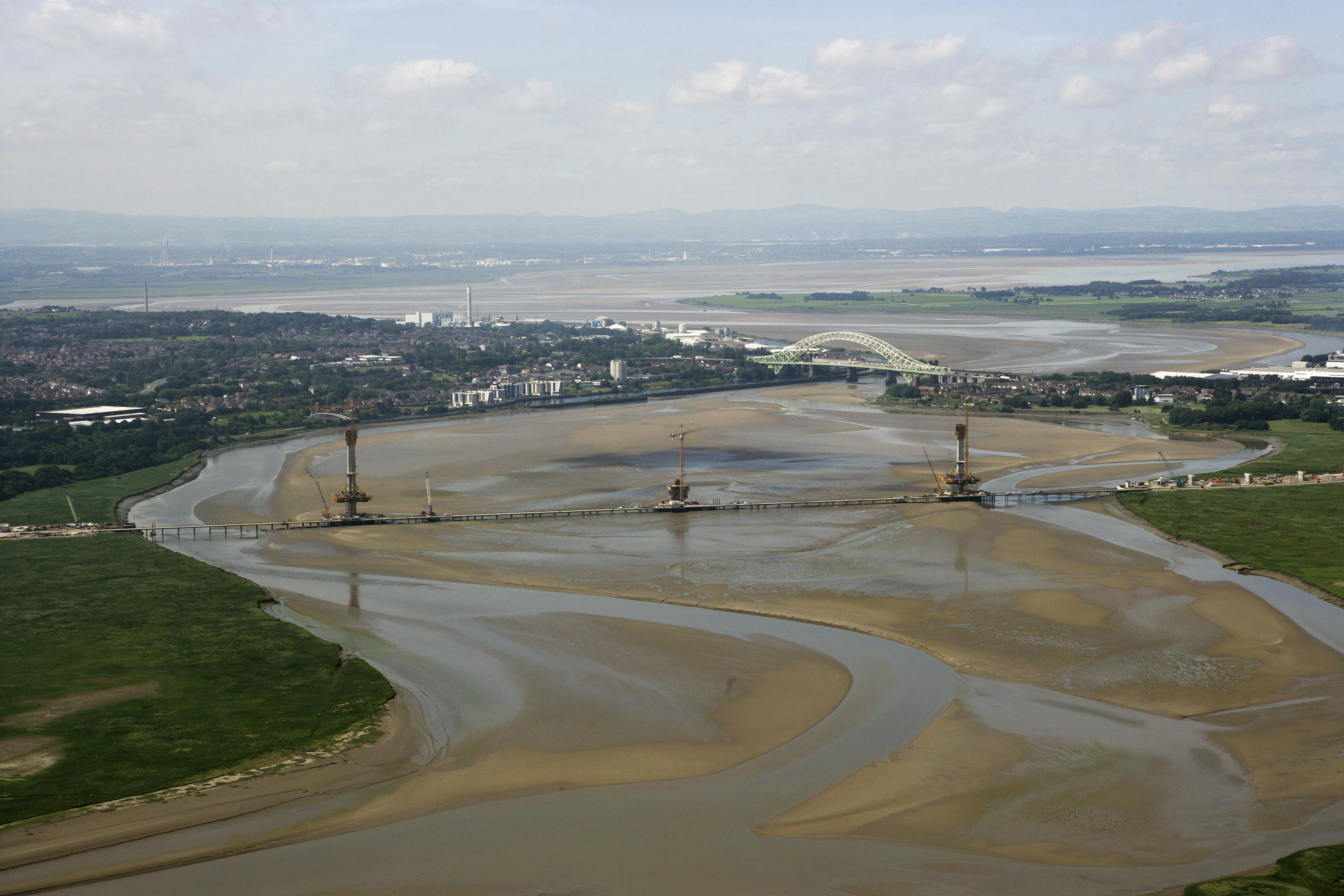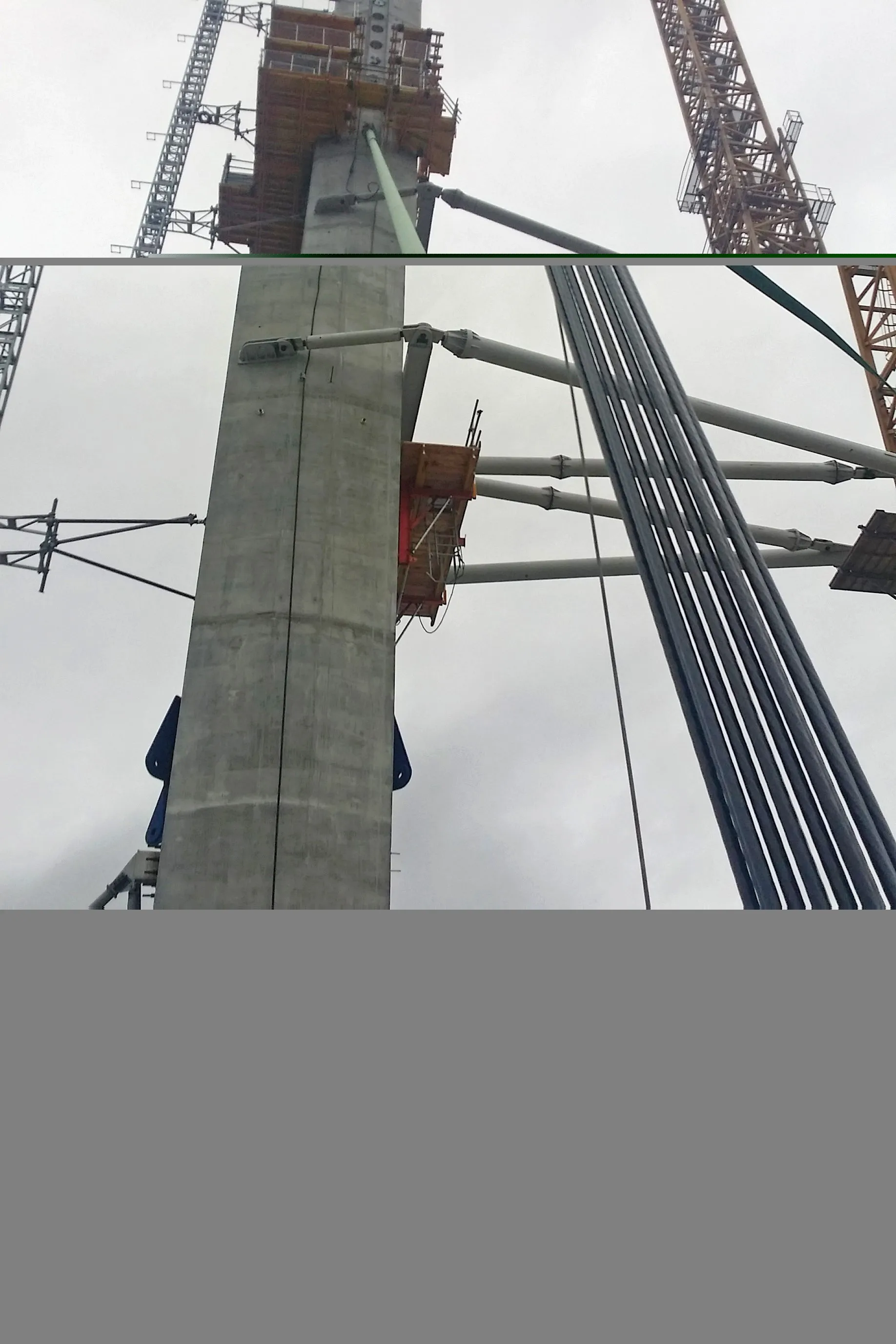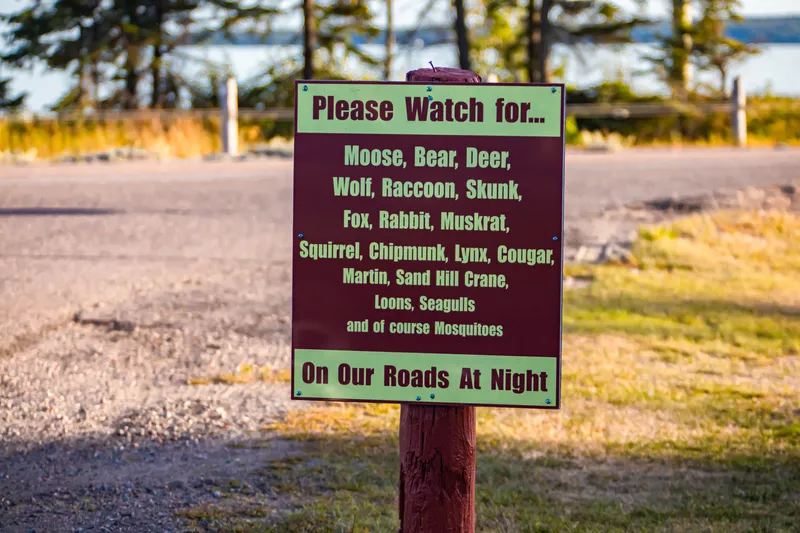Global infrastructure services firm AECOM and the UK’s University of Salford have launched a research partnership with the aim of improving understanding of how major infrastructure programmes interact with the natural environment.
A statement from AECOM said that the two organisations will jointly fund environmental research on topics directly applicable to major infrastructure projects.
“Research areas will be chosen to provide benefits to particular schemes and to help reduce adverse impacts and im
August 17, 2016
Read time: 2 mins

Global infrastructure services firm 1397 AECOM and the UK’s University of Salford have launched a research partnership with the aim of improving understanding of how major infrastructure programmes interact with the natural environment.
A statement from AECOM said that the two organisations will jointly fund environmental research on topics directly applicable to major infrastructure projects.
“Research areas will be chosen to provide benefits to particular schemes and to help reduce adverse impacts and improve outcomes for the natural environment on future projects.”
Under the partnership, AECOM and the university will co-fund research that could lead to PhD studies and scientific papers. Research areas could include exploring potential issues for wildlife when working in areas with contaminated sediments. Other research areas include predicting disturbance to sensitive species from construction activities and investigating perceptions of biodiversity within construction.
The partnership evolved from the environmental consultancy work AECOM is delivering for the6126 Mersey Gateway Project, one of the UK’s largest infrastructure projects. The project includes a new six-lane toll bridge over the River Mersey and part of AECOM’s work has focused on the complex and sensitive estuarine environment.
The work is part of AECOM’s design joint venture with UK consultant Flint & Neill to deliver detailed design consultancy services to the Merseylink consortium, which was awarded a contract to design, build, finance, operate and maintain the scheme for Halton Borough Council.
AECOM had revenue of around US$18 billion during fiscal year 2015.
A statement from AECOM said that the two organisations will jointly fund environmental research on topics directly applicable to major infrastructure projects.
“Research areas will be chosen to provide benefits to particular schemes and to help reduce adverse impacts and improve outcomes for the natural environment on future projects.”
Under the partnership, AECOM and the university will co-fund research that could lead to PhD studies and scientific papers. Research areas could include exploring potential issues for wildlife when working in areas with contaminated sediments. Other research areas include predicting disturbance to sensitive species from construction activities and investigating perceptions of biodiversity within construction.
The partnership evolved from the environmental consultancy work AECOM is delivering for the
The work is part of AECOM’s design joint venture with UK consultant Flint & Neill to deliver detailed design consultancy services to the Merseylink consortium, which was awarded a contract to design, build, finance, operate and maintain the scheme for Halton Borough Council.
AECOM had revenue of around US$18 billion during fiscal year 2015.








